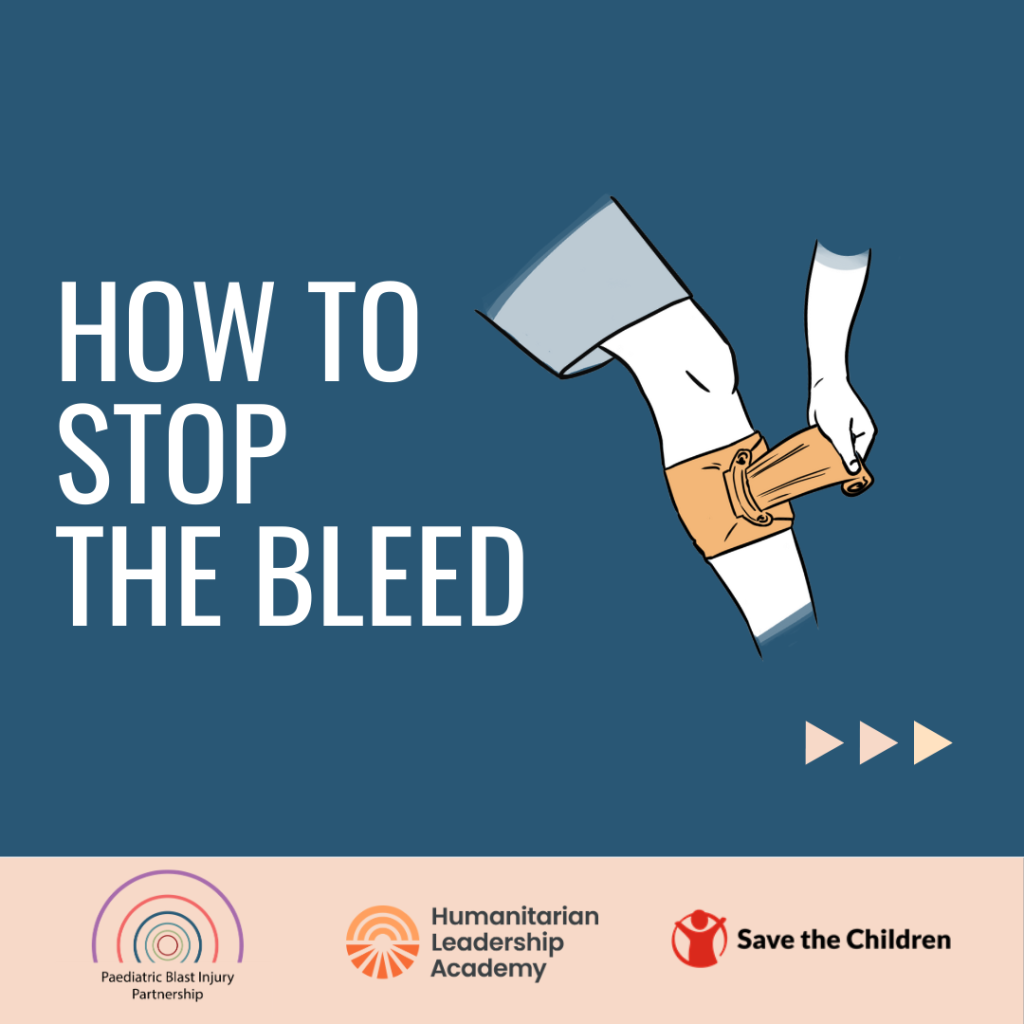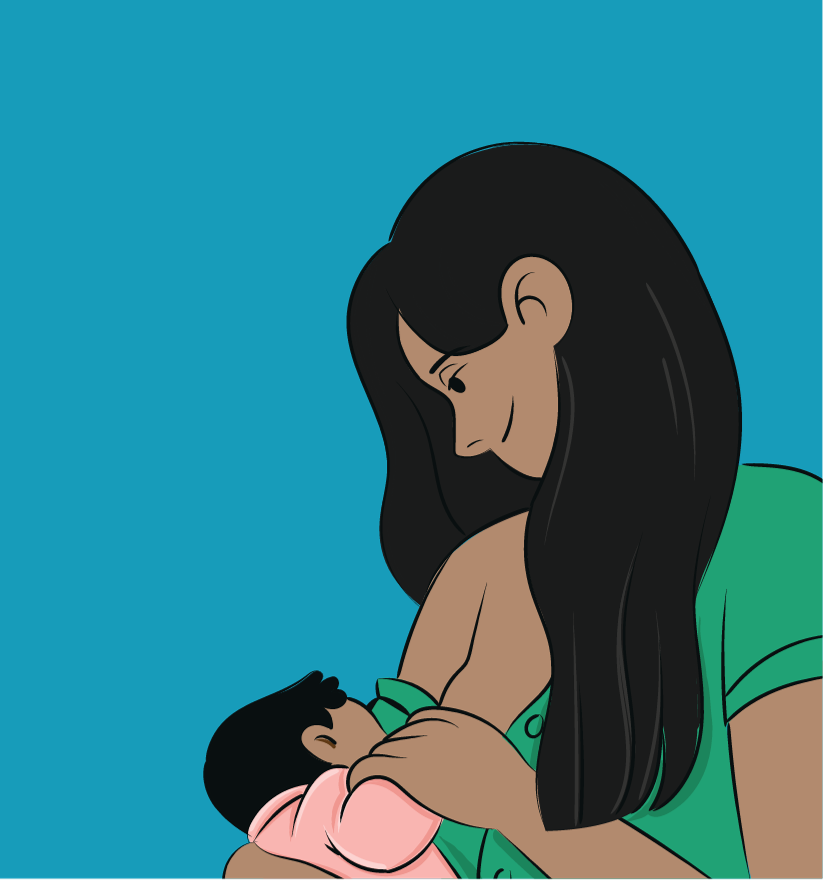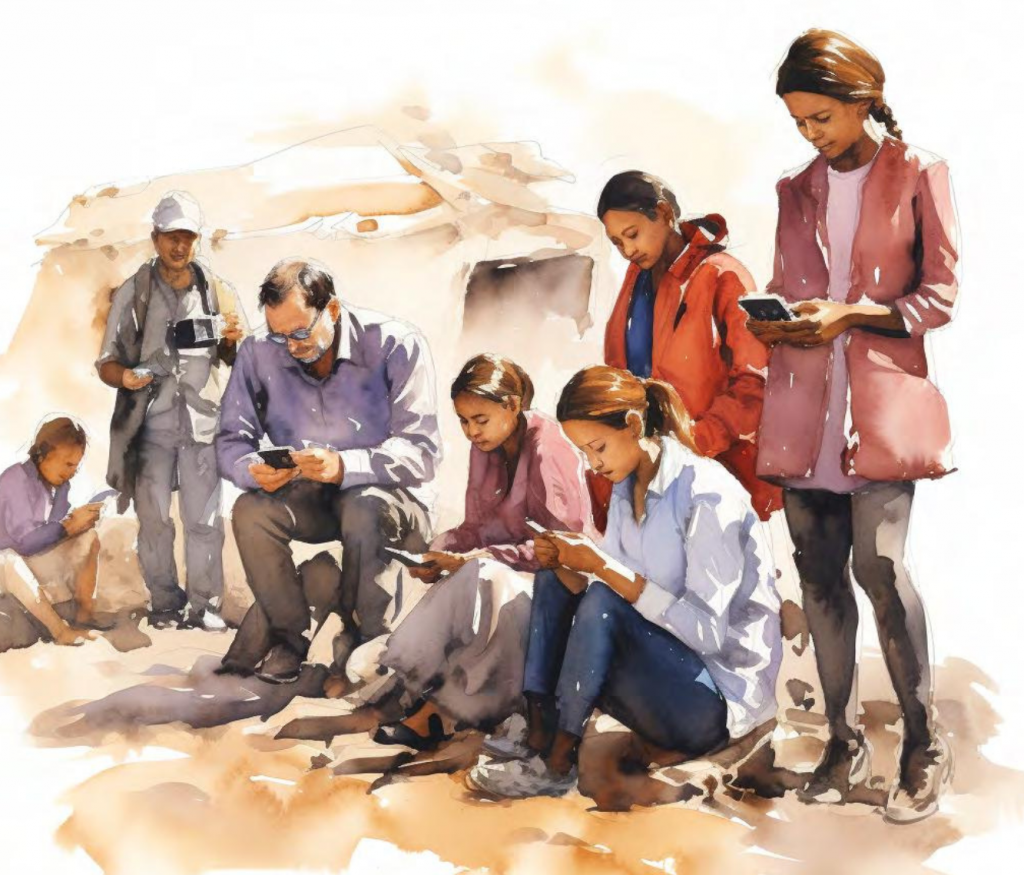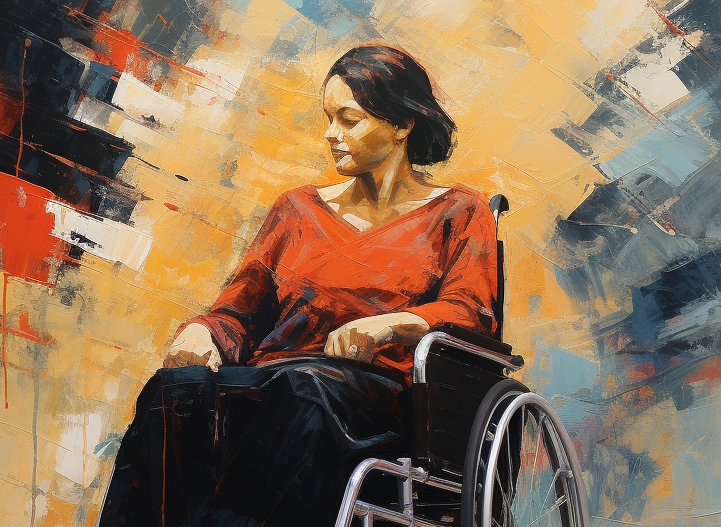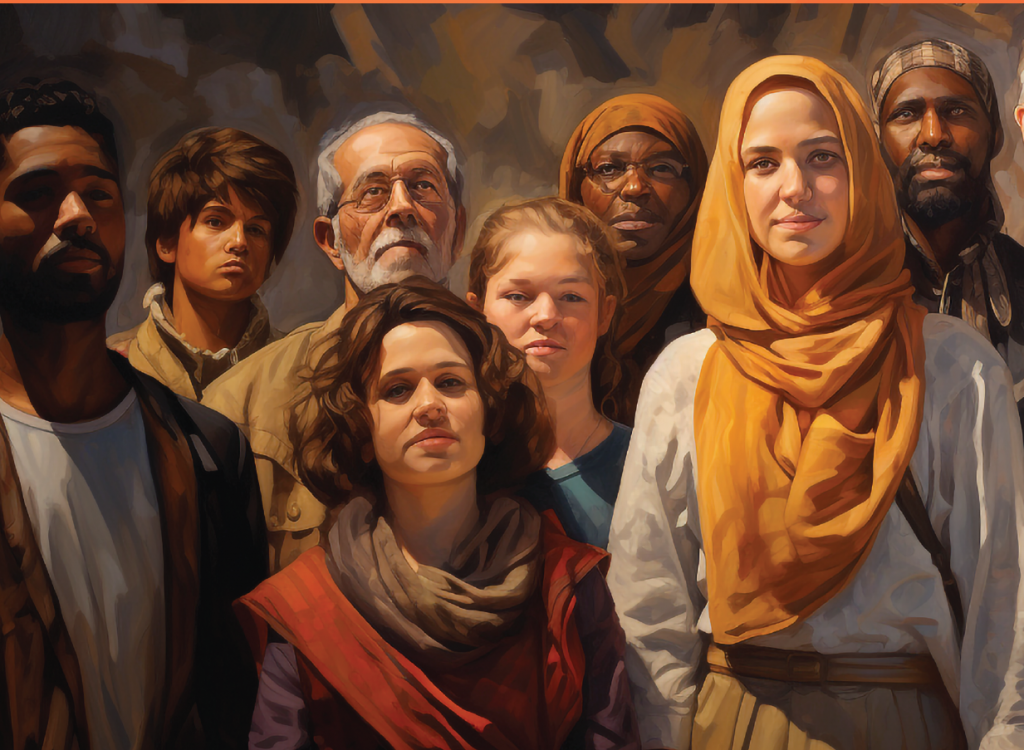In our latest microlearning guide, seasoned humanitarian trainer and leader Janet Nyaoro offers practical guidance for organisations looking to foster a culture of learning.
Whether you are a leader, staff member or volunteer in the humanitarian sector, you can play a role in helping to build and strengthen an organisational culture that supports learning and growth.
Read our microlearning guide for practical steps and actions you or organisations’ leaders can take. Why not put learning on the agenda and use this guide to spark a discussion with your colleagues?
8 ways to cultivate a culture of learning in humanitarian organisations
Download the guide
Learn more
This guide has been adapted from a conversation in a Fresh Humanitarian Perspectives podcast episode Unlocking potential: cultivating a culture of humanitarian learning featuring Janet Nyaoro, Eleonora Aralla and Neba Ambe Azinui.
You may also be interested in the HLA Humanitarian Learner Survey 2024 insights on which this conversation was based.
